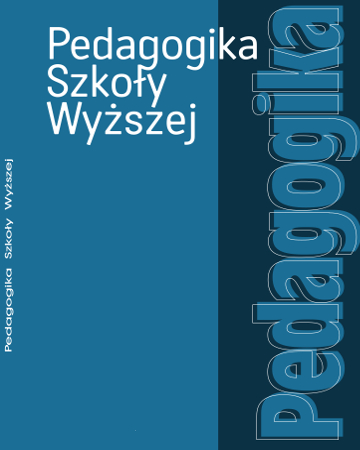
ISSN: 2083-4381
OAI
DOI: 10.18276/psw.2015.2-03


Issue archive /
2/2015
Czy dialog sokratejski może być konstruktywistyczny?
(Does Socratic dialogue can be constructivist?)
| Authors: |
Jacek
Moroz
Uniwersytet Szczeciński |
| Keywords: | epistemology education didactics learning constructivism Socratic method |
| Data publikacji całości: | 2015 |
| Page range: | 9 (69-77) |
Abstract
Socratic method seems very interesting and attractive conception of the inquiry to knowledge. Teacher applying this method promote independence and self-reliance in the classroom, while his role is reduced to facilitate the learning process only. Besides, Socrates’s method is based on definitely an analytical approach to knowledge. In article I suggest that Socratic method, because of these characteristics, can be identified with constructivist approach to learning. At the same time I advance the thesis that mentioned method, as a historical and philosophical category, should not be confused with constructivism.
Download file
Article file
Bibliography
| 1. | Bloom A., Umysł zamknięty. O tym, jak amerykańskie szkolnictwo wyższe zawiodło demokrację i zubożyło dusze dzisiejszych studentów, tłum. T. Bieroń, Zysk i S-ka, Poznań 2012. |
| 2. | Hadot P., Czym jest filozofia starożytna?, tłum. P. Domański, Fundacja Aletheia, Warszawa 2000. |
| 3. | Krońska I., Sokrates, Wiedza Powszechna, Warszawa 1964. |
| 4. | Moroz J., Dyskusja z relatywizmem prawdy w Szkole Lwowsko-Warszawskiej, Scholar, Warszawa 20013. |
| 5. | Platon, Dialogi, t. I–II, Antyk, Komorów 2005. |
| 6. | Platon, Menon, 79 E–80 D. |
| 7. | Platon, Państwo, I, 337a. |
| 8. | Reale G., Historia filozofii starożytnej, t. I, tłum. E.I. Zieliński, Wyd. KUL, Lublin 2005. |
| 9. | Zybertowicz A., Poznanie i przemoc. Studium z nie-klasycznej socjologii wiedzy, Wyd. UMK, Toruń 1995. |